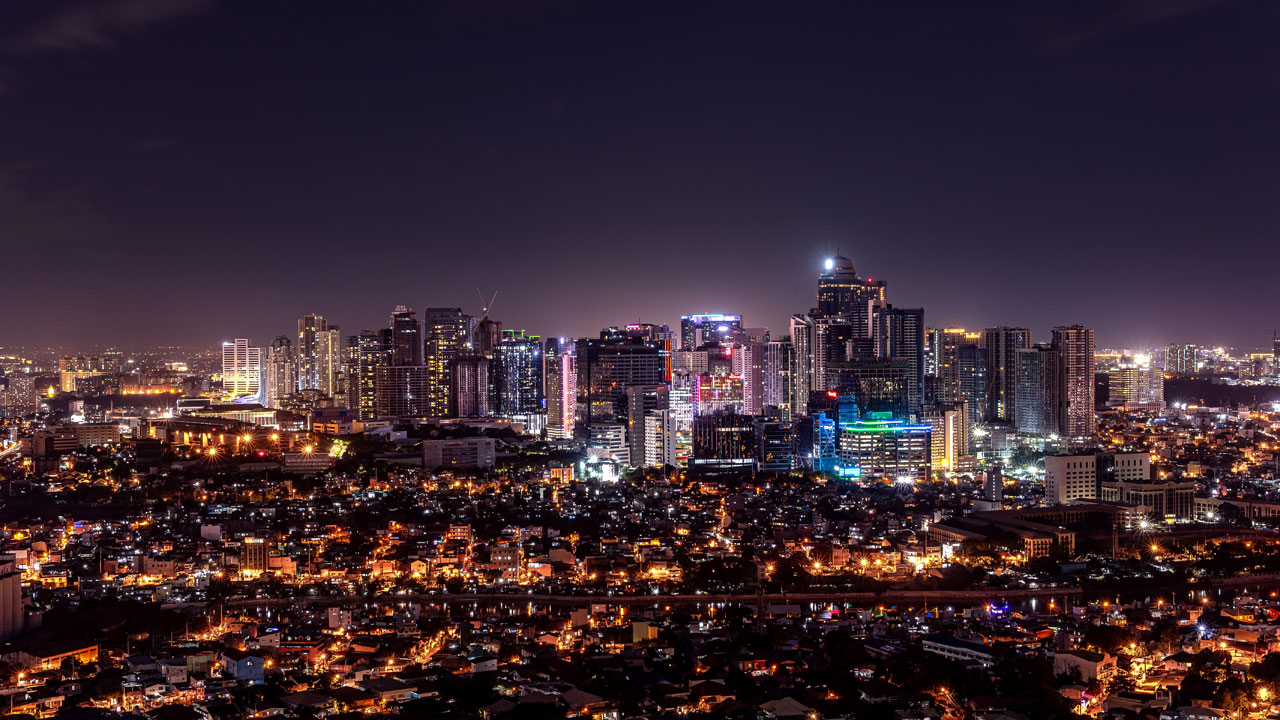GlobalSource keeps growth forecasts as inflation slacks off

GLOBALSOURCE PARTNERS, Inc. kept its Philippine growth forecast for 2023 and 2024 as it lowered its inflation outlook for this year, but said risks remain amid a looming global recession.
In a report dated June 7, the research consultant said it expects the economy to expand by 5.5% this year, which is below the government’s 6-7% goal.
“We still expect the gross domestic product (GDP) to expand by 5.5% for the full year as inflation decelerates, interest rates stabilize and the rebound in tourism strengthens, gaining from China’s reopening,” GlobalSource analysts Romeo L. Bernardo and Maria Christine Tang said.
Robust consumption supported by remittances and local job opportunities would also drive economic growth, they said.
Inflation cooled for a fourth straight month in May to 6.1%, the lowest in a year. Still, it breached the central bank’s 2-4% target for the 14th straight month. Inflation has averaged 7.5% to date.
GlobalSource expects inflation to average 5.5% this year, lower than the 6.5% forecast it gave in March. This matches the central bank’s full-year forecast.
But high interest rates have started to work their way through the economy, it said. Policy rates are also unlikely to fall quickly in the near term due to sticky inflation.
The Bangko Sentral ng Pilipinas (BSP) has raised the key rate by 425 basis points (bps) since May last year to tame inflation. Last month, the Monetary Board kept it at 6.25%, while signaling that it would keep it on hold until the third quarter.
GlobalSource expects the Philippine economy to expand by 5.8% in 2024, still below the government’s 6.5-8% goal.
“We had previously penciled in a higher 5.8% growth forecast for 2024 as inflation returns to target, monetary policy eases and financial conditions improve,” it said. “We are keeping this for now but taking note that downside risks are building up that threaten the economy’s climb.”
These risks include a recession in the US, weaker-than-expected China recovery and a possible worsening of the war in Ukraine, which could lead to another round of high inflation.
“In a perfect storm of further slowdown in global growth, war-induced high commodity prices and financial conditions remaining tight under risk-off conditions, it will be hard to shrug off the negative impacts on the local economy, including weaker consumer and business confidence and less room for monetary policy support,” it said.
The Philippine economy expanded by 6.4% year on year in the first quarter, the slowest in eight quarters.
The BSP is unlikely to cut borrowing costs this year, but a rate cut by end-2023 may be considered if food prices stabilize and core inflation eases faster, GlobalSource said.
Prices of heavily weighted food and nonalcoholic beverages rose by 7.4% in May, easing from 7.9% in April. Food inflation alone fell to 7.5% from 8%.
Core inflation, which excludes volatile food and fuel prices, slowed to 7.7% last month from 7.9% a month earlier. It has averaged 7.8% this year.
A rate cut this year may also happen if the US Federal Reserve starts cutting its own interest rates. The Fed, which has raised borrowing costs by 500 bps since March last year to 5-5.25%, will meet on June 13-14 to discuss policy.
Meanwhile, outgoing central bank Governor Felipe M. Medalla would probably be reappointed or replaced by Monetary Board member Eli M. Remolona, Jr., GlobalSource said, citing the grapevine.
Mr. Medalla has served two terms as a member of the Monetary Board and is serving the unfinished term of his predecessor, Finance Secretary Benjamin E. Diokno that ends on July 3.
Mr. Remolona has spent 14 years at the Federal Reserve Bank of New York and US Federal Reserve Board. He also spent 19 years at the Bank for International Settlements (BIS), half of which was as BIS regional head for Asia and the Pacific.
Four Monetary Board seats will be left vacant by July. — Keisha B. Ta-asan



